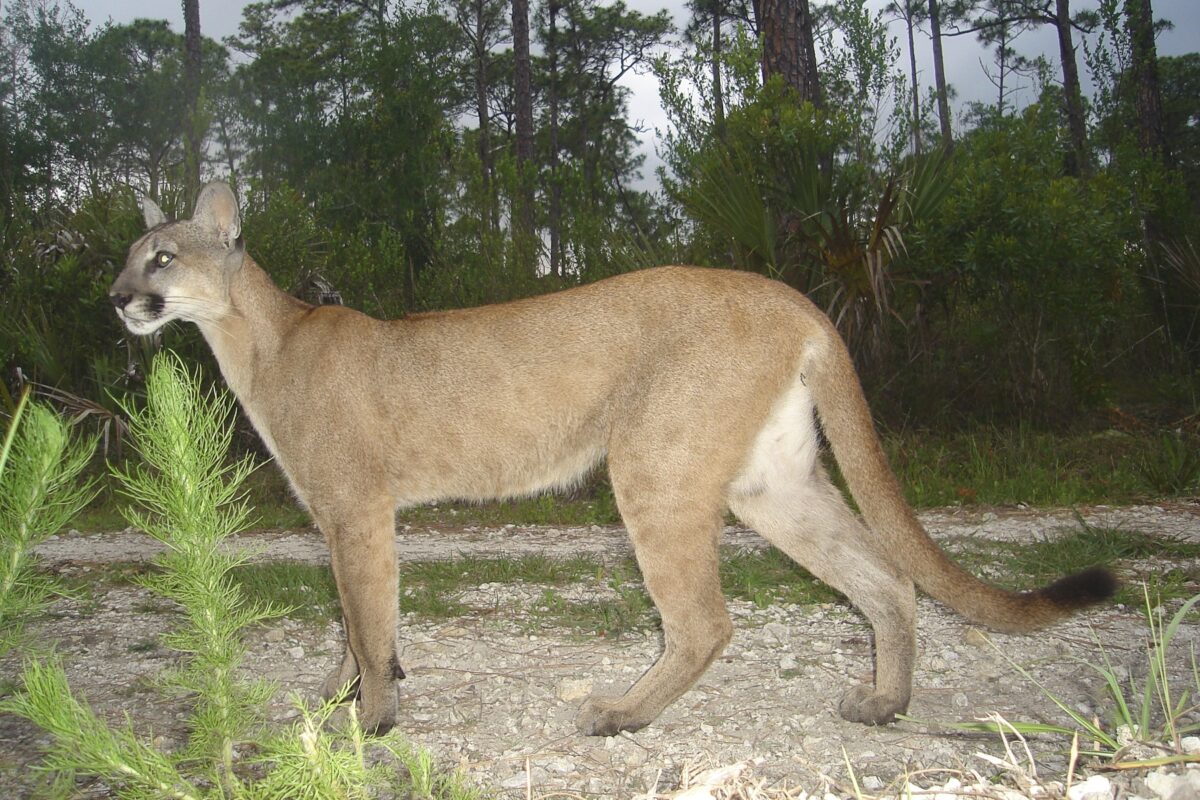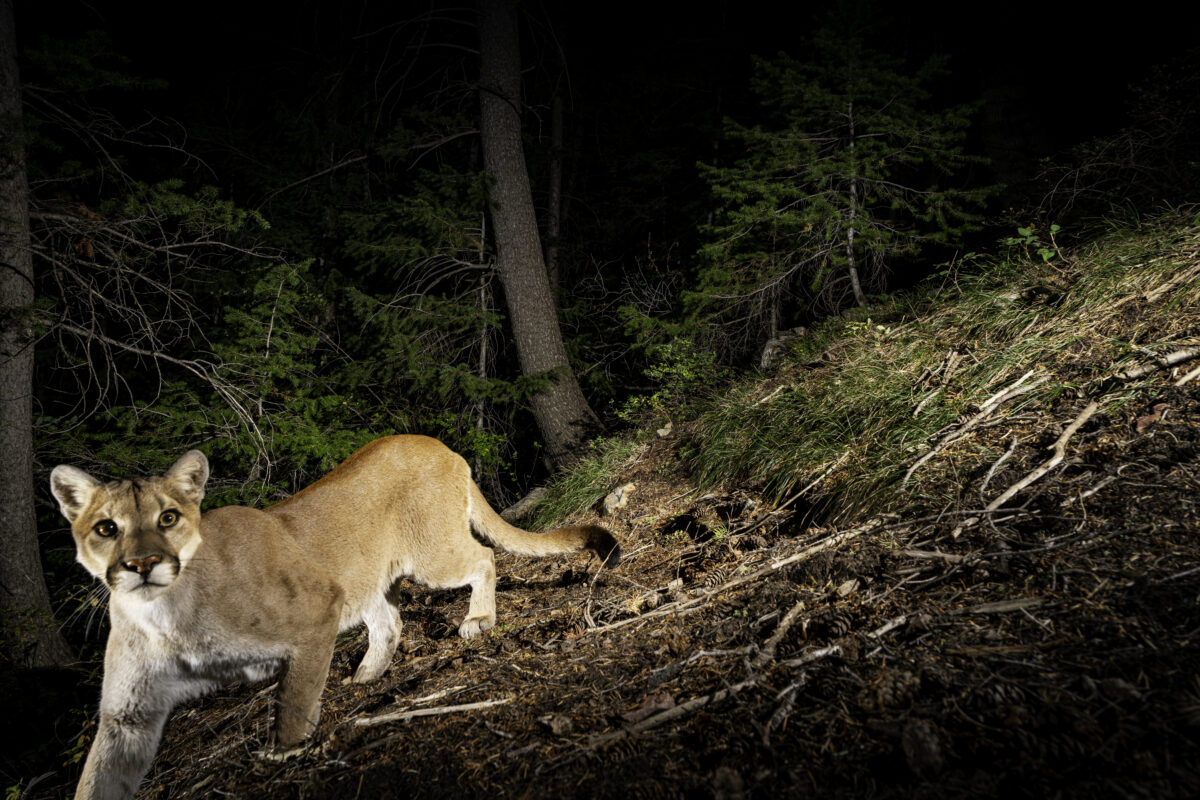
How do you manage lions?
I recently received an e-mail response to the blog (Are deer being used as a Beard* to kill more cougars?.) Using Oregon and Washington as exemplary examples of state wildlife agencies which manage cougars, the writer wished that “MLF would let the [state] Fish and Game Departments do their job”. He also felt that the Mountain Lion Foundation should follow the example set by two organizations he belonged to (the Mule Deer Foundation and the Rocky Mountain Elk Foundation) and support the scientific management of the species we are named after. In other words – promote the sport hunting of mountain lions for purposes of game management.
His request brought to mind a statement made at a public workshop a short while back by a representative of the California Department of Fish and Game; where they said that because mountain lions were “specially protected mammals,” and couldn’t be hunted for sport, the Department did not “manage” lions in California.
At the time, the comment struck me as a very odd thing to say. Now that I’ve had time to ponder the issue, I realize that for most state wildlife agencies, sport hunting is their idea of management. Their only game plan for fulfilling the public trust and maintaining healthy, viable and natural ecosystems seems to be by estimating the number of wild animals there are in a given area, and allowing hunters to kill off whatever the agency considers as excess, or uncontrollable.
There have to be more options than this! What about restoring and maintaining key types of habitat so that there is sufficient prey for natural predators? How about identifying and acquiring critical wildlife corridors so that migratory species can move, adjust, and expand as necessary? What about transplanting sufficient numbers of key species into areas where their numbers have dwindled? What about reducing or restricting hunting altogether and let nature determine the proper predator/prey balance?
These and many more ideas are all viable alternatives to a strictly “hunting is managing” scenario. Unfortunately, state wildlife agencies – the entities which make most of these decisions – are almost entirely funded though the sale of hunting tags, licenses, and from taxes collected on the sale of hunting equipment. Money generated from hunting is what keeps the agency doors open. This is also why so many of the commissioners who are appointed to oversee their state wildlife agencies are hunters themselves.
Despite the fact that Americans involved in non-hunting activities use public lands to a greater extent than hunters do, until we change the way state wildlife agencies are funded the hunting interests will always win out.



 Facebook
Facebook Twitter
Twitter Send Email
Send Email


